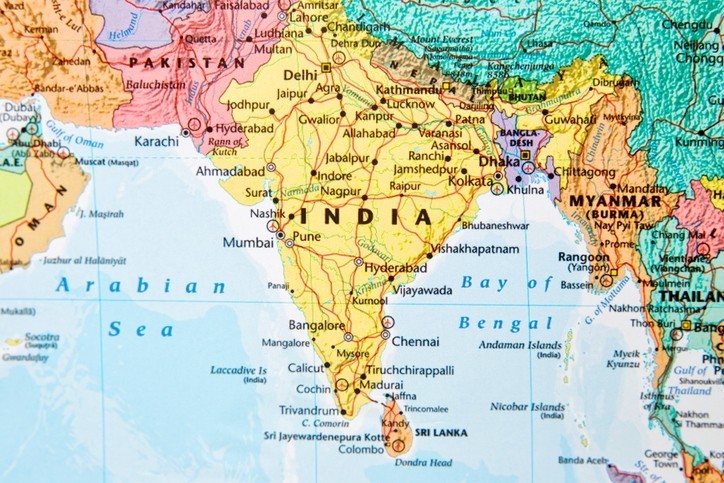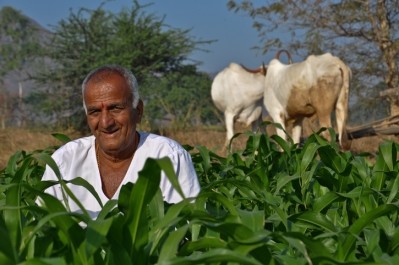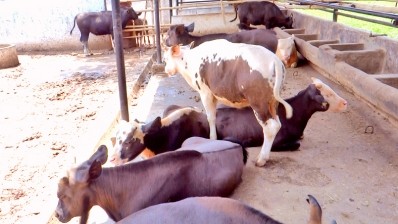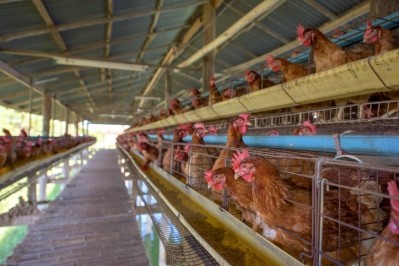Pakistan: Increased demand for soybean meal in poultry feed rations

A recent US Department of Agriculture (USDA) report noted the growing importance of oilseed meals to that country’s poultry and livestock sectors.
“In general, the trend in terms of demand for oilseed complex products is up as the poultry sector grows, segments of the dairy industry modernize, and investors consider modern beef production.”
Pakistan is a significant importer of products within the oilseed complex and production of all oilseeds locally except cottonseed is minimal, noted the publication of the Foreign Agriculture Service (FAS) of the USDA.
“Oilseed imports are driven by demand for both oil and meal along with crushing margins. Landed prices plus tariffs play a significant role in determining the import mix between seeds, oil, and meal.”
Pakistan imported 1.7m tons of soybeans during MY 2016/17, according to the USDA data.
Importers have shifted from Indian soymeal to take advantage of competitively-priced soybeans from other countries, said the US agency report.
“Rapeseed and canola imports are almost flat and are expected to maintain at 2 million tons during 2017/18 and imports of soybeans are expected to climb to 2.0 MMT given the current tariff structure. Soybean imports during MY 2018/19 are projected to reach to a record 2.5 MMT.”
Pakistan poultry feed trends
Pakistan’s poultry meat industry continues to expand and producers are increasing their meal inclusion rates in poultry feeds; some are approaching the international standard of 35%, said the US agency.
“The layer industry is also expanding rapidly as it is able to provide a relatively cheap protein source. Industry sources reveal that with the recent changes in poultry feed formulations, the feed conversion ratios (FCR) have improved significantly throughout much of the industry, in some cases reaching optimum levels of 1.8 kg of feed to kg of growth.”
Several poultry feed manufacturers have started producing dairy feed to meet the needs of Pakistan’s more progressive dairy farmers, continued the USDA report.
Pakistan’s meal imports are expected to decline, however, as importers are shifting to imports of soybeans in response to more favorable tariff treatment for beans. “Still, there are feed mills and importers who are open to importing soymeal under the current tariff regime. During MY 2016/17 Pakistan imported 517,000 tons of soybean meal. Current year imports are expected to remain at 600,000 MT and the forecast for MY 2018/19 is projected at 435,000 MT.”
Domestic oilseed production
Cottonseed is the principal oilseed crop grown in the country, accounting for more than 90% of domestic oilseed production, said the authors.
“Sunflower can also be produced during the Kharif or summer season but corn, rice, and sugarcane are generally deemed more remunerative. While there have been attempts at producing soybeans, the crop has failed to catch on due to the harsh summer conditions and a lack of planting seeds, despite growing poultry and dairy sectors.”
Rapeseed cultivation in MY 2017/18 did increase in response to the Government of Punjab’s cash subsidy to enhance canola and sunflower production. “It is not clear if the subsidy will again be available in 2018/19 and rapeseed area and production are forecast largely unchanged from the current marketing year.”
The USDA said it has been reported that the local crushing industry is improving the quality of the soymeal it produces. “Additionally, end users such as the poultry industry have increased their vertical integration, taking control of the process of meal production.”












